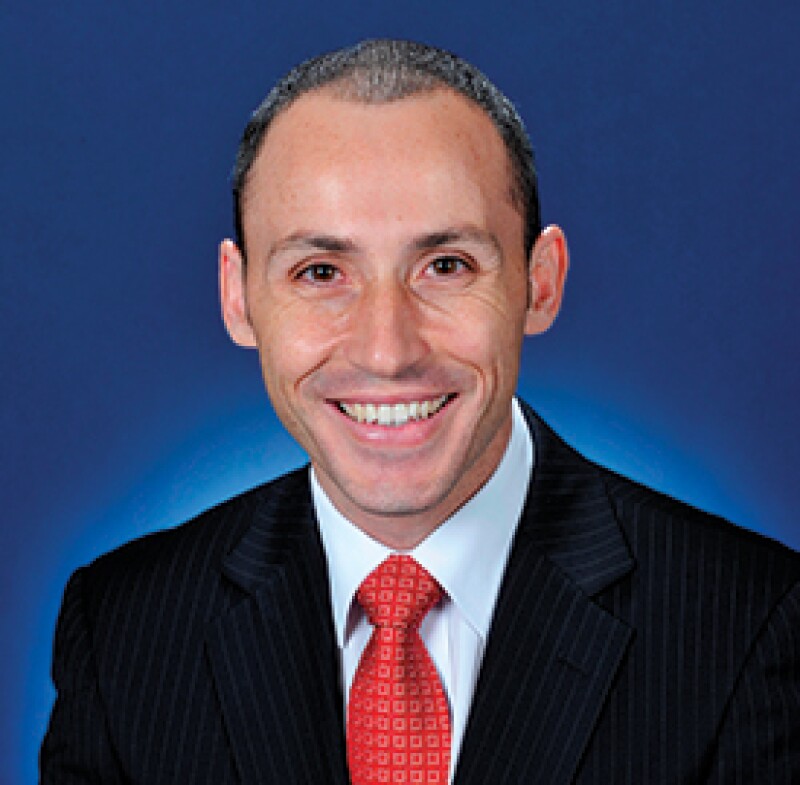
|
David Bradbury was also in the Global Tax 50 2013 |
David Bradbury returns to the Global Tax 50, having previously been included in the 2013 edition. He leads the Tax Policy and Statistics Division at the OECD's Centre for Tax Policy and Administration, having previously served in the Australian Government as the Assistant Treasurer, Minister for Competition Policy and Consumer Affairs, Minister Assisting for Financial Services and Superannuation, and Minister Assisting for Deregulation.
As a minister, David led the Australian contribution to the debate on base erosion and profit shifting (BEPS) and implemented amendments to the general anti-avoidance rule (GAAR; Part IVA) and oversaw the modernisation of Australia's transfer pricing laws.
Since joining the OECD in April 2014, he has made an invaluable contribution to the BEPS Project. His most telling contribution will come over the next few years, however, as his division follows through on deliverables regarding improved methods of measuring and monitoring BEPS (Action 11). His work will also be crucial in monitoring implementation of the Action Plan itself.
Action 11 work in 2015 looked at both existing and future data and tools to monitor levels of base erosion and profit shifting, developing indicators to help measure its scale. Bradbury's team will produce economic analyses of BEPS – and the OECD's countermeasures – and then produce recommendations for tools to further monitor and evaluate how effective the countermeasures are.
An important part of this will be to monitor information on revenue losses arising as a result of BEPS, which can be used by countries as justification for implementing the OECD's anti-BEPS recommendations. Bradbury's division says economic monitoring must also be carried out at a more granular level by individual jurisdictions to ensure implementation of new measures is done in a way that is proportionate to each country's needs.
"The key point is that policymakers should not use the global BEPS impact estimate to determine the expected tax increase (or decrease) in their country from adopting BEPS countermeasures," say Bradbury's division colleagues Tom Neubig and Bob Cline. "Each country needs to produce its own separate estimates tailored to the country's current tax system, the role of MNEs in the economy, and the scope and extent of BEPS-related tax changes that are adopted."
While the body of work behind Action 11 represents a significant achievement for Bradbury and his team, the OECD's work in this area will continue apace as greater cooperation and technological advances bring more data, and more tools for analysing such data, onto the table.
"The next important step is the development of tools and methodologies to analyse new data and develop more accurate estimates of BEPS," say Neubig and Cline. "This will require increased cooperation among countries, international organisations, tax administrations, researchers, NGOs and other interested stakeholders. The Action 11 Report represents a solid foundation from which such future work can be undertaken."
The Global Tax 50 2015 |
|
|---|---|
The top 10 • Ranked in order of influence |
|
3. Wang Jun |
|
7. Ian Read |
|
The remaining 40 • In alphabetic order |
|









